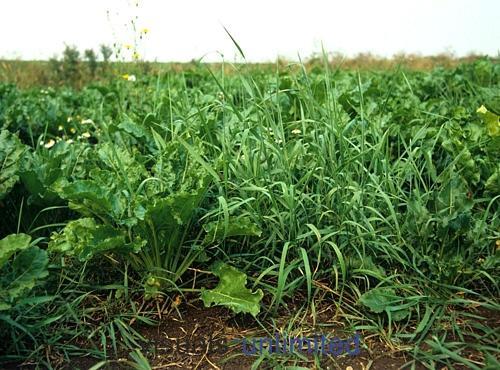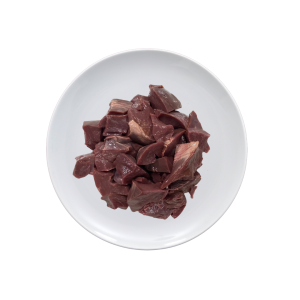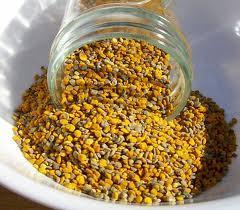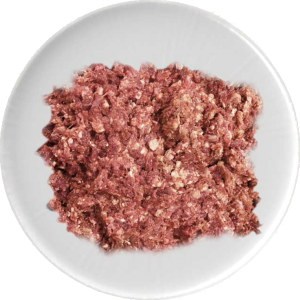BioComplete™ Dog Grass (Couch Grass)
Agropyron repens, Elymus repens, couchgrass, quackgrass, quickgrass, twitchgrass, Agropyron firmum, Couch Grass, Cutch, Dog Grass, Dog-grass, Doggrass, Durfa Grass, Elymus repens, Elytrigia repens, Graminis rhizoma, Quitch Grass, Scotch Quelch, Triticum firmum, Triticum repens, Wheat Grass, Witch Grass.
Famous herbalist Nicholas Culpepper wrote that "although a gardener may be of another opinion, a physician holds that a 1/2 acre of dog grass to be worth 5 acres of carrots twice told over." Dog grass is an invasive grass that grows well (many gardeners would say, too well) in regions with warm summers and cool or cold, damp winters. Its name is derived from the simple fact that dogs will eat the grass when they are sick to induce vomiting and cool the blood. You should not grow dog grass in your herb garden unless you are able to keep it well contained.
Agropyrene (bactericidal), calcium, fructosan, magnesium, manganese, mannitol, mucilage, phosphorous, potassium, selenium, silicon, sodium, tin, triticin, zinc.
Rhizome, roots, stems, dried and cut.
Taken internally as a tea and also used for baths and irrigation therapy. To make the tea, put 2 teaspoonfuls of the cut rhizome in a cup of water, bring to boiling and let simmer for 10 minutes. This should be drunk three times a day. Typically used with some combination of buchu, corn silk, hydrangea, uva ursi (bearberry), yarrow, and/or cranberries or cranberry juice. Can also be administered as a capsule or extract.
Dog Grass is demulcent, meaning it soothes inflammations of mucosal linings, especially in the urinary tract. It is used in treatment of cystitis, prostatitis, and urethritis, and also to relieve pain of enlarged prostate and kidney stones.
Dog grass is toxic to birds. It may also lower blood sugars in people. The August 2005 edition of the Journal of Ethnopharmacology published a study noting a potent blood sugar lowering effect of this herb in rats. Dog grass does not stimulate the release of insulin, but it appears to make cells much more sensitive to insulin, at least in the laboratory. Make sure you monitor your blood sugars if you are diabetic and take this herb. Prolonged use may cause low potassium levels in the body. Preliminary toxicological data is limited, so it may not be safe to consume if pregnant or breastfeeding.
This information has not been evaluated by the Food and Drug Administration. It is not intended to diagnose, treat, cure, or prevent any disease. These food products may be beneficial for supporting optimal health.
For educational purposes only.
Additional information
| Size | 0.8 oz Small Jar, 1.8 oz Large Jar |
|---|





